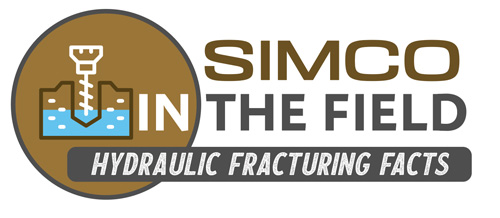Hydraulic Fracturing is a growing practice that has increased the output of oil and natural gas. Yet myths surrounding the process continue to pop up and spread. In this third part of our Hydraulic Fracturing series we’ll tackle the rumors of health problems associated with hydraulic fracturing. There are three main areas of concern that we’ll look at: asthma, birth-related issues, and cancer.

Asthma: There has been speculation that hydraulic fracturing contributes to asthma diagnoses. But according to the Centers for Disease Control (CDC) overall asthma rates have gone down rather than going up as the practice becomes more common. Texas leads the country in oil and gas production and is a major center of hydraulic fracturing operation, but boasts the fourth lowest rate of adult asthma in the United States. Another top gas and oil production state, Pennsylvania, has seen a significant drop in asthma-related hospitalization rates since 2004, from 17.6% to 13.4%, even though more than 7500 hydraulically fractured wells were constructed in that same time period.
Birth-Related Issues: Claims of increased birth defects, low birth weights, and infant mortality have been floating around for nearly two decades even low there is a distinct lack of scientific proof. Throughout the country, there has been a decrease in low-weight births and a drop of more than 13% in infant mortality. In Pennsylvania alone, from 2005 to 2013, the rate of birth defects dropped or stayed stable and infant mortality dropped 8.8%. the same story can be seen in other high-producing states using hydraulic fracturing such as Colorado, Texas, Wyoming, Louisiana, and Oklahoma, despite the growth of the drilling practice.
Cancer: The fluid used in hydraulic fracturing is 99% sand and water, with only a small amount of chemical additives used during the whole procedure. Research has shown that the chemicals that are left behind after hydraulic fracturing are miniscule and well below groundwater table and can’t impact human health. A Norwegian study followed gas and oil workers who directly mixed the fluids and drilling mud used in hydraulic fracturing and found that there was no correlation between those activities and cancer.
Over the past ten years, hydraulic fracturing has been steadily increasing and providing access to stores of oil and natural gas. In this same period of time, the number of cases of birth-related issues, cancer, and asthma have decreased. Research shows time and again that the drilling practice of hydraulic fracturing is safe and effective.



